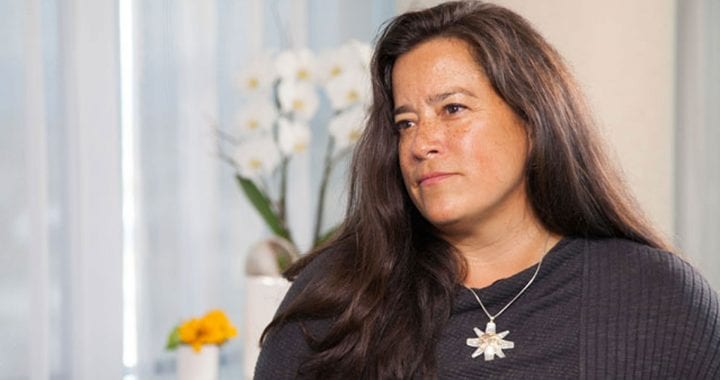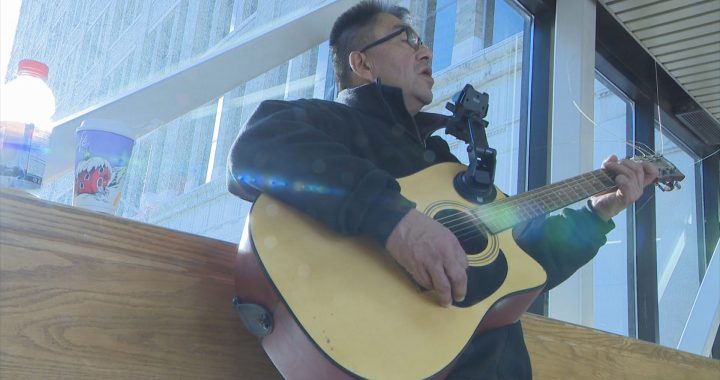In a wide-ranging interview spanning the decades of his life from lawyer to judge and now senator, Murray Sinclair issued a frank warning to Canada.
There will likely be a violent rebellion if society continues mistreating Indigenous people.
“There’s a social philosopher by the name of Frantz Fanon who wrote in 1948 that when you have a colonized people, who have been oppressed by one society, first of all, they tend to submit to the colonization, oppression, but then when they start to recognize what they’re experiencing they will resist but when that resistance is quashed then they will start to take out their frustrations upon themselves so the high rates of personal abuse grow,” Sinclair told Nation to Nation.
Next they take it out on friends, family and their community explained Sinclair.
“But eventually they’ll take out their violence on the oppressor, then you’ll have a rebellion,” he said.
“My view is if we continue to ignore what society is doing to Indigenous people in terms of poverty, the education failure rates and I’m not talking about the individuals who are failing, I’m talking about the education system is failing and the child welfare rates we will likely be creating a population of young Indigenous people who will be prone to thinking about acting out violently against society.”
Sinclair also spoke a bit about his childhood and how it led to a loss of culture that he regained with the birth of his son, Niigaanwewidam Sinclair.
“When he was born I realized I didn’t really have much to offer him by way of his identity and culture so I decided I would need to do something about that,” said Sinclair.
He also talks about how he first went to law school not to be a lawyer, or eventually a judge, but a politician.
“I recognized the need for change was very strong and I saw the political roots as being the route that would probably get us the best and quickest answers to some of the issues that Indigenous people were facing,” he said.
But he did become a lawyer and turned down an offer to be a judge, twice, before accepting it the third time.
Before chairing the Truth and Reconciliation Commission he co-led the Aboriginal Justice Inquiry in Manitoba, as well as an inquiry into baby deaths.
He was appointed as a senator in April 2016 and said it’s hard to put a finger on what he’s been able to change in the Red Chamber.
But he has noticed something during his time there.
“I do have the sense that my mere presence changes the way people think and talk about things,” said Sinclair. “I’m not one to shy away from opportunities to remind them when they say and do things that ignore the rights of Indigenous people.”











Does anyone know if the paper Mr. Sinclair referred to (Benefits and Burdens of the Indian Act) is available to read somewhere?
Appreciate this interview. Thanks for your journalism.